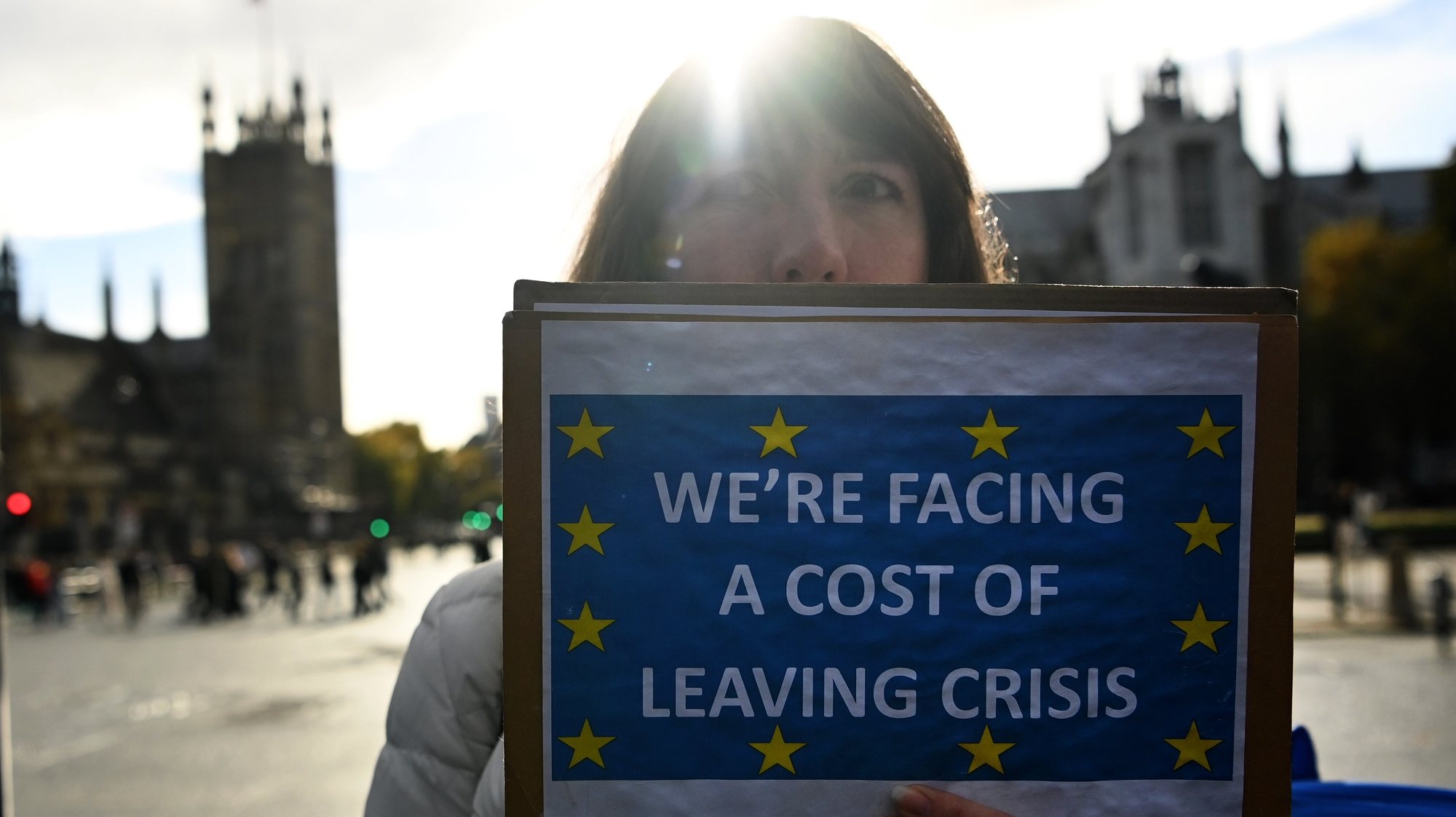Strikes and protests over wages matched by unprecedented inflation over Russia’s war in Ukraine, which has driven up energy and food prices, threaten to intensify in winter and cause political unrest in Europe.
Approximately a month before the start of the coldest season on the European continent, the wave of protests has already begun in several countries, with thousands protesting in the Plaza Mayor in Madrid; a general strike in France, where 100,000 people also took to the streets this week in various cities demanding wage increases to keep up with inflation; thousands in a march in Berlin; protesters in Romania honking horns to express their anger over the rising cost of living; and, in the United Kingdom, an unprecedented strike by nurses and another by the railway sector.
This, after the first protests took place in September, for example with a concentration of 70,000 people in the Czech Republic questioning the way in which the Government was dealing with the energy crisis, and demonstrations in German cities such as Cologne and Leipzig.
Despite the fact that natural gas prices have fallen from the records registered in summer and that governments have invested, since September 2021, 576,000 million euros in initiatives to alleviate the energy expenditure of families and companies, according to the ‘think tank of Brussels’ Bruegel , this was not enough for many protesters.
Energy prices drove inflation in the 19 eurozone countries to a record 9.9% in September, making it difficult for people to buy the goods they need. Many see no alternative but to take to the streets to protest.
While stabilizing energy prices and a mild autumn have provided Europeans with a welcome respite, a new survey suggests that the crisis Europe is preparing for this winter has already arrived.
One in four people say they are in a precarious situation, while the majority of Europeans have already suffered from financial difficulties, revealed the latest opinion poll by the French non-governmental organization (NGO) Secours Populaire, quoted by Euractiv (pan-european media network).
Secours Populaire, the IPSOS research institute and their European partners interviewed 6,000 European citizens on the topic of precariousness in six countries: France, Italy, Greece, Germany, Poland and the United Kingdom.
“There is a very strong increase in precariousness in Europe,” declared the general secretary of Secours Popular, Henriette Steinberg.
The final figures show that 51% of respondents in Greece say that unexpected spending can bring them down. This figure is 18% in Germany and between 20% and 25% in France, Italy, Poland and the United Kingdom.
“There is a growing concern among Europeans that more and more people cannot find viable solutions to support themselves and their families,” Steinberg said.
Most Europeans have already faced difficult decisions due to a difficult financial situation: some have had to reduce travel, reduce heating, buy less food to pay mortgage payments, ask relatives for help and find additional jobs. to survive.
“We realized that all Europeans have the same concerns: food, medical care, housing and conditions to raise children. This is the daily life of tens of millions of people,” said the head of the NGO.
In October, annual inflation in the Eurozone, which had already posted a record 9.9% in September, rose to 10.6%, according to Eurostat, the European Union’s statistics office.
But for some Europeans, saving money is not enough: 42% of those surveyed have already asked their relatives to lend or give them money to survive.
This number is “an alarm signal”, according to Steinberg, because it means that “these people can no longer survive”.
The debt ratio is highest in Greece (63%), followed by the UK, Italy and Poland (between 40% and 41%), France (36%) and Germany (35%).
But asking for loans is not sustainable in the long term, because, argued the French deputy Aurélie Trouvé, quoted by Euractiv, on the one hand, “people do not dare to ask their relatives for money, or they simply cannot help them”, and, on the other hand, On the other hand, “it is probable that families take out consumer loans, but this emergency solution can be risky, given the increase in interest rates.”
“The most serious risk would be the appearance of a financial and banking crisis, as during the ‘subprime’ crisis of 2007, in the United States, if families no longer have solvency,” said Trouvé, who defends the restoration of the purchasing power of the poorest families to relaunch economic growth.
“If families no longer have purchasing power, then the demand will be half throttle and fall. If demand collapses, production also collapses and, with it, employment,” he warned, adding: “It’s a vicious circle, we’re headed for a social catastrophe.”
The risk consultancy Verisk Maplecroft, quoted by the American news agency Associated Press (AP), also shares the opinion that the consequences of the war in Ukraine -invaded by Russia on February 24 of this year- “drastically increased the risk of civil unrest”. in Europe”.
European leaders have strongly supported Ukraine, sending arms into the country, imposing political and economic sanctions on Russia and “committing or being forced to give up cheap Russian oil and natural gas, but the transition has not been smooth” and threatens to undermine the public opinion. support” to European governments.
“There is no quick fix to the energy crisis,” argued Torbjorn Soltvedt, an analyst at Verisk Maplecroft, adding that “inflation is more likely to be worse next year than this year.”
This means that the relationship between economic pressure and popular opinion about the war in Ukraine “will be really tested,” he said.
Source: Observadora
